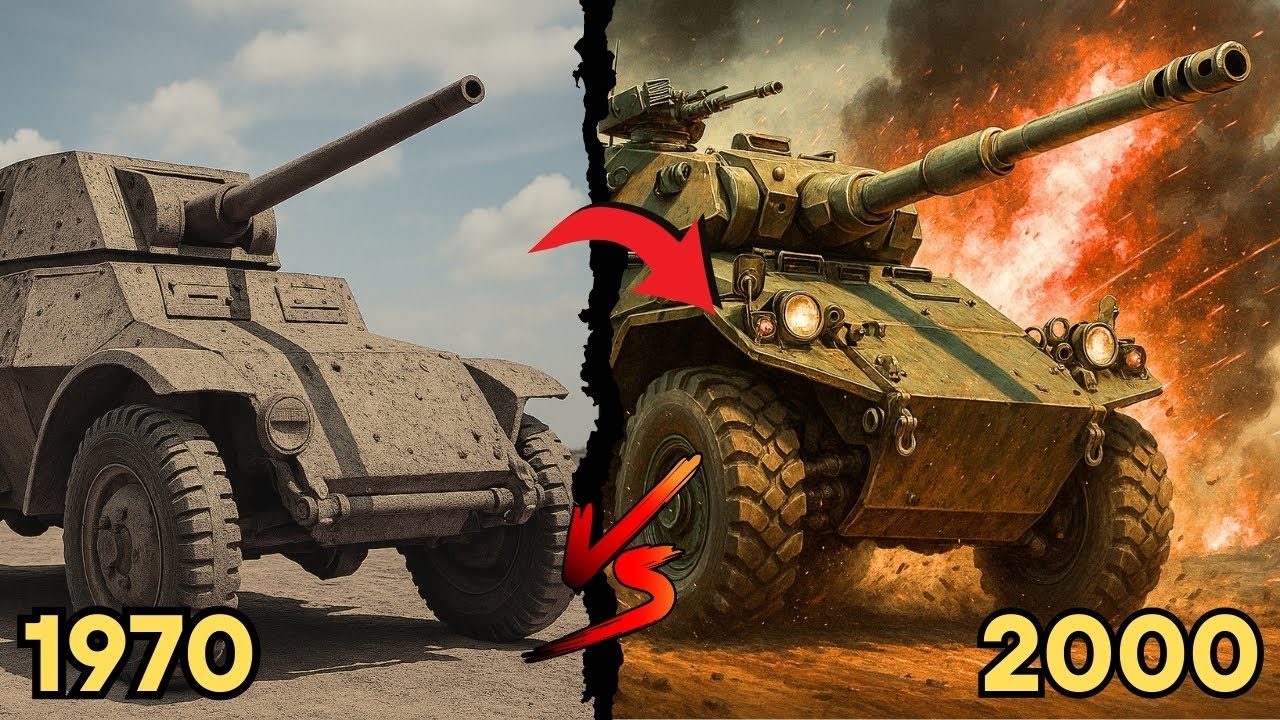Iran has officially rejected U.S. diplomatic overtures, aligning itself firmly with Russia and China amid escalating tensions following recent U.S. airstrikes on its nuclear facilities. In a striking display of unity, Iranian Defense Minister Aziz Nasadi landed in China for the Shanghai Cooperation Organization summit, marking his first foreign visit since the 12-day conflict that nearly ignited a regional war.
 At the summit, Nasadi expressed deep gratitude to China for its support, urging Beijing to take a more significant role in maintaining the fragile ceasefire. China’s Defense Minister Dong Jun condemned U.S. actions, characterizing them as “bullying,” while Russia echoed these sentiments, denouncing U.S. and Israeli aggression against Iran.
At the summit, Nasadi expressed deep gratitude to China for its support, urging Beijing to take a more significant role in maintaining the fragile ceasefire. China’s Defense Minister Dong Jun condemned U.S. actions, characterizing them as “bullying,” while Russia echoed these sentiments, denouncing U.S. and Israeli aggression against Iran.
In a remote address to the Eurasian Economic Council, Iranian President Masud Pizishkian condemned the U.S. and Israel for what he termed “terrorist attacks” on Iran’s peaceful nuclear sites, asserting that such actions violate international law and threaten regional stability. He emphasized that Iran’s response was necessary to prevent a full-scale war.
The message from Tehran is unequivocal: Iran is pivoting eastward, fully embracing the partnership with Xi Jinping and Vladimir Putin as a counter to Western dominance and sanctions. With no plans to resume negotiations with the U.S., Iranian Foreign Minister Abbas Arachi made it clear that there are “no agreements whatsoever” for restarting talks.
As Washington claims diplomatic channels remain open, Iran’s strategic alignment with China and Russia offers a robust alternative, providing support without the threat of military intervention. This seismic shift in alliances marks a critical juncture in Middle Eastern geopolitics, with repercussions that could reverberate across the globe. The stakes have never been higher as Iran solidifies its position against perceived Western aggression.


